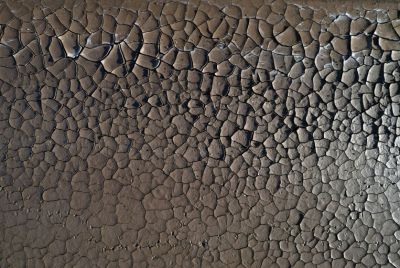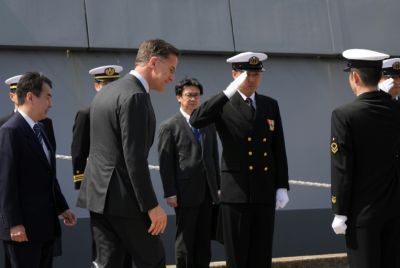Australia Gives $141 Million Aid to the Philippines to Fund Basic Services, Education Reform, Other Programs
Australian ambassador to the Philippines Bill Tweddell has announced a P5.7 billion (A$141 million) aid to the Philippines for the fiscal year 2013 to 2014.
The aid, which marks an increase of P480 million (A$12 million) compared to the 2012-2013 allocation, is intended to fund "basic services, education reform, public-private partnerships and community-based programs on climate change and conflict."
According to the Mr. Tweddle, the aid seeks to alleviate poverty in the Philippines and help improve the lives of indigent Filipinos through direct assistance.
In his statement, the envoy said "Australia remains strongly committed to helping the Philippines to overcome poverty, as demonstrated by the increase in funding of Australian $12 million from last year."
"Australia's aid program in the Philippines is focused on strengthening basic services for the poor and reducing vulnerabilities arising from climate change and conflict."
A steady rise in the annual funding can be expected by the Philippines as the Australian government is bent on raising its aid provision to 0.05 percent of the country's gross income, according to the Australian Agency for International Development.
Given the Philippines' vulnerability to natural disasters, Australia made it clear that priorities for the dispensation of the aid will be in the areas of disaster preparedness and adaptability.
"With our Philippine partners, Australia will work to make Filipinos safer and more resilient to the threats of natural calamities and the changing climate, which drive people into poverty and threaten sustainable economic development," Tweddell said.
Since education reform is likewise a priority area, AusAid said it will work together with the Philippine government in pursuing the Kindergarten to Year 12 (K to 12) academic programme aimed at improving the quality of education among Filipino high school students.
The K to 12 reform program allows for additional two years of schooling to the present 10 year basic education in the Philippines. It aims to refine school curriculum to give students more time to learn and gain relevant skills and knowledge for either employment after high school or further education in colleges or universities.
The Australian aid, according to Tweddell will help "train teachers and decision-makers provide advice on curriculum development and help develop information technology systems."
Public-private partnership program will also benefit from the aid as Australia sees this as an effective way "to increase investments in health services, transportation and infrastructure development." Aside from that, the Australian government intends to help the Philippines achieve efficient and transparent public spending so it has also prioritised assistance in the automation of the country's public financial management system.





















